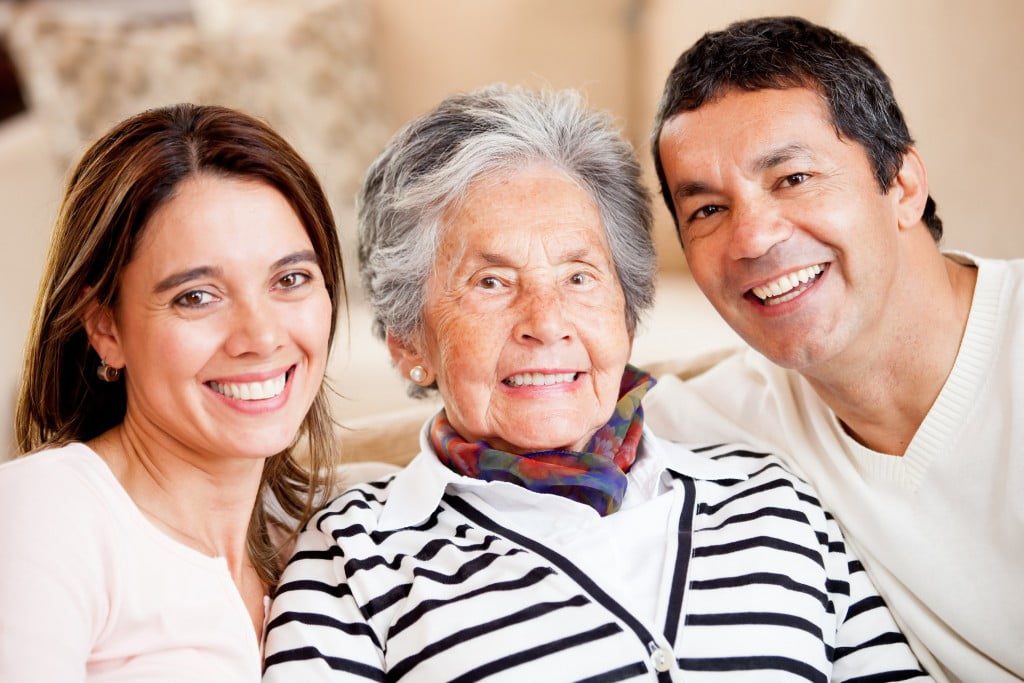 One of the questions that sometimes comes up in a discussion on caregiving is, who can be a caregiver.
One of the questions that sometimes comes up in a discussion on caregiving is, who can be a caregiver.
After all, caregiving feels like a role that requires a lot of skill and experience.
But, that isn’t really the case.
Throughout the United States, there is a large number of caregivers, a number that is growing as the senior population increases in size.
Caregivers are a diverse group of people from all walks of life.
Many people find themselves caring for a family member, such as a parent, and this process can be both challenging and stressful.
Often, people will become caregivers out of necessity.
For example, they might start off helping their parent with a few simple tasks, but over time, that role might become more involved.
Typically, people who act as caregivers for family members don’t have any formal training and often they are learning what to do as they go along.
This means that the answer to, who can be a caregiver, is quite simply anyone.
In fact, there aren’t even formal requirements for people that you hire as caregivers – although that does depend somewhat on where the caregivers are hired from,
Training for Caregivers
The key reason that many caregivers are untrained is strongly connected to the nature of caregiving in the United States.
untrained is strongly connected to the nature of caregiving in the United States.
In general, caregiving is an informal industry and caregivers are frequently untrained relatives.
This means that caregivers frequently do not have the resources to obtain training and also lack the knowledge about what options are available to them.
Many caregivers end up being thrust into the role of caregiving suddenly and they are often just left to figure out what to do for themselves.
This can be very difficult to do and in many cases, caregivers basically end up guessing.
That can be risky for both caregivers and the people they are caring for.
After all, caregiving is a complex situation and there are so many different factors to take into consideration.
So, getting some basic training can be important for caregivers.
For example, the people being cared for will often have very specific needs, especially if they have a health condition like diabetes and a heart condition.
If the caregiver has an understanding of these needs, they are in a much better position to be effective.
Likewise, additional knowledge can help caregivers to be more efficient overall and that can help improve the care they provide. In turn, that can be better for both caregivers and the people they are caring for in the short-term and in the long-term.
There is a growing focus on training caregivers in a number of states throughout America, including the development of laws and legislation surrounding this area.
However, the amount of training and support available is still pretty limited.
In most cases, your best option is to start searching online and asking around for training options that are available in your local area.
There may well be something available that can help you as a caregiver.
If nothing else, even a book may be able to help you have better ideas about how to approach the caregiving challenges that you face.
You Are Not Alone
 Caregiving can be an extremely overwhelming role, especially as it is a long-term role.
Caregiving can be an extremely overwhelming role, especially as it is a long-term role.
It’s important to remember that there are many people in similar situations – and there are no easy solutions to the problems that you may face.
Because of this, caregivers can often feel that they are failing or that they should be doing better at their role.
That’s really not the case.
Caregiving is not a science, it’s an art.
Every individual caregiving relationship is different and any challenge you face may have multiple angles to consider.
Getting training can help to make caregiving easier but, at the end of the day, your aim should simply be to do the best you can rather than to try and be perfect.
If you are finding caregiving challenging, there are many others out there that you can reach out to.
Within your local area, you may well be able to find groups of people who are caregivers, and this can be a great way to get social support.

Leave a Reply